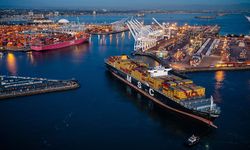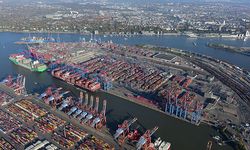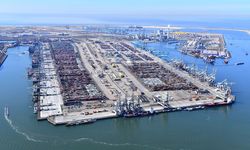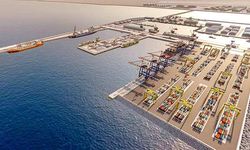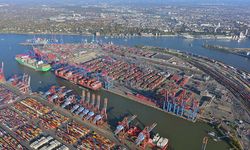This initiative, designed to cut down emissions during berthing, is part of RWG's commitment to achieving zero-emission container storage and handling.
RWG, known for its automation and carbon neutrality, plans to independently develop and implement shore-based power systems along its quayside. The first berths are set to feature this eco-friendly power source from 2026, surpassing the 2030 European regulation deadline.
RWG's CEO, Ronald Lugthart, emphasized collaboration with clients and stakeholders to expedite the energy transition using shore-based power and other green facilities.
Boudewijn Siemons, CEO & Interim COO of the Port of Rotterdam Authority, commended RWG for being the first European deep-sea terminal operator to invest in shore-based power. He highlighted the positive impact on air quality and noise reduction, contributing to the sustainability of Rotterdam's supply chain.
In a formalized collaboration, the Port of Rotterdam Authority and RWG have signed a letter of intent to exchange knowledge and data on shore-based power construction and usage. The partnership also covers civil engineering works for quay walls and fenders.
The municipality of Rotterdam and the Port of Rotterdam Authority are working together to accelerate shore-based power adoption for sea-going vessels, aiming for a substantial percentage to be "plugged in" at berth by 2030.


